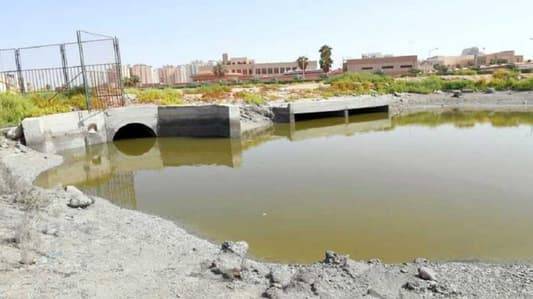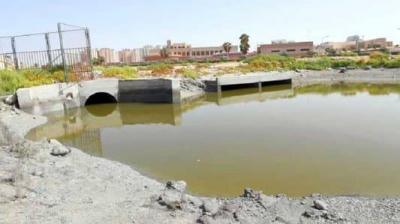Rachel Mulholland, an environmental attaché from the British Embassy in Kuwait, pointed out that fish in the Arabian Gulf are significantly contaminated with plastic. Mulholland's warnings come in light of the increasing amounts of plastic waste in the Gulf of Kuwait and its impact on the marine environment and consumer health. This information is based on the latest study and environmental research paper conducted by the Centre for Environment, Fisheries and Aquaculture Science (CEFAS) in collaboration with the Kuwait Institute for Scientific Research.
Mulholland stated to the Kuwaiti newspaper "Al-Qabas" that "the samples taken from eight major fish species most consumed in Kuwait, including hamour, zubaydi, naqroor, shayem, mid, shrimp, and crabs, as well as other marine organisms, showed the presence of microplastic particles in the digestive tracts of various marine fish species consumed in Kuwait, warning of the risks to marine life and their negative impact on humans as well."
The study indicates that "one fish in the Gulf waters contains 20 plastic particles, and this issue is significantly worsening in seas and oceans as well." She noted that "75% of dead turtles in the Gulf waters have ingested plastic, which affects all of the Gulf waters in the region."
She added, "This does not mean that we should avoid eating fish, especially since seafood is a key component of daily protein consumption for local residents and expats in the Gulf community, where the average consumption rate is estimated at 109 grams per person per day."




